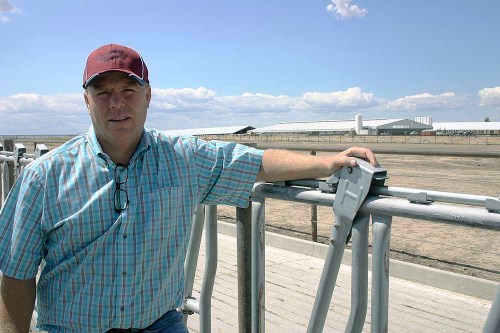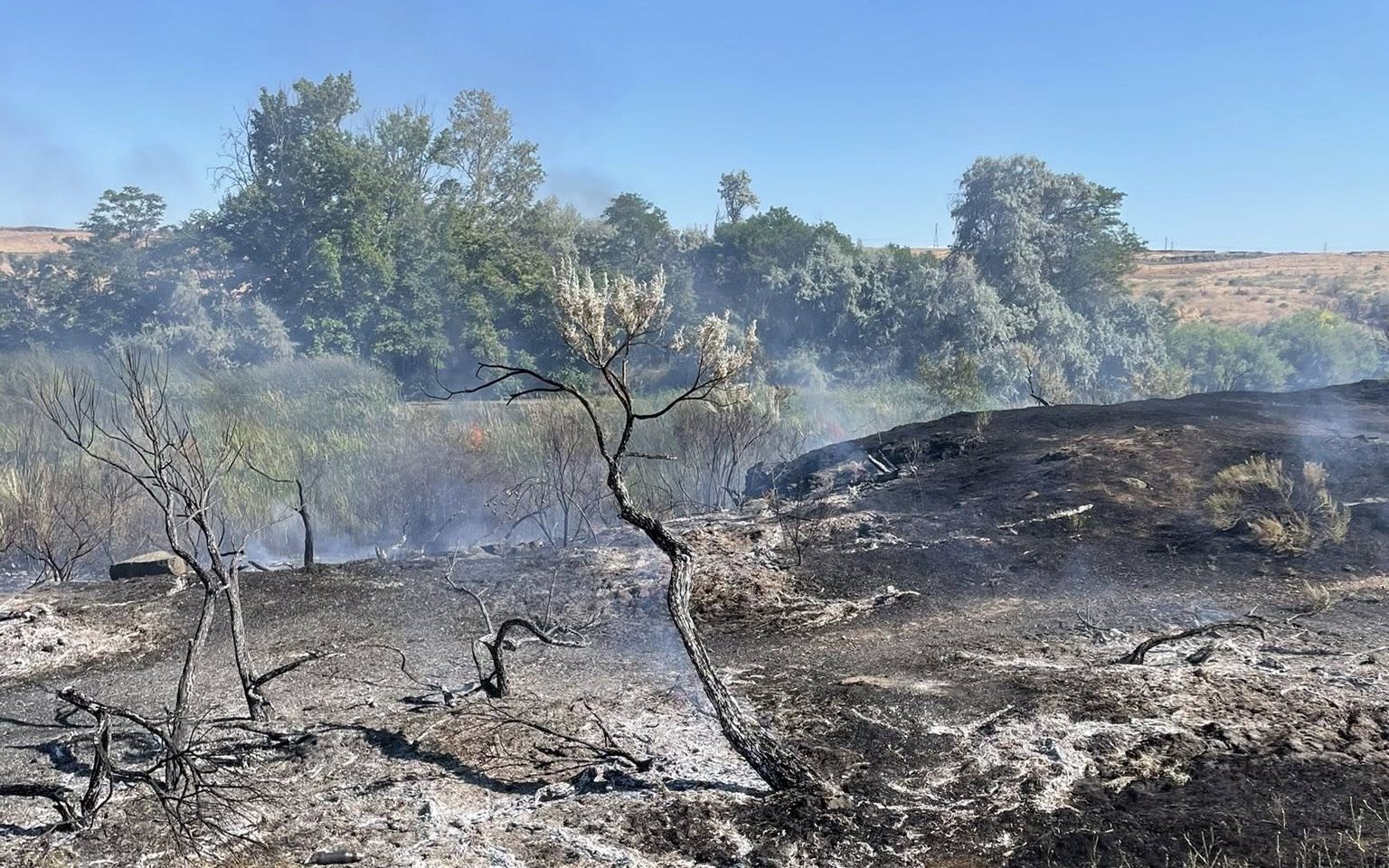Pasco rancher sued by meat packer over 200,000 ‘missing’ cattle declares bankruptcy
Published 11:30 am Tuesday, February 2, 2021

- Cody Easterday, president of Easterday Ranches Inc., poses for a photo in 2019. Easterday Ranches filed for Chapter 11 bankruptcy protection on Feb. 1, 2021, after Tyson Foods Inc. alleged in court records the family defrauded it of more than $225 million related to 200,000 cattle that never existed.
PASCO, Wash. — One of the biggest farming and ranching families in Washington filed for Chapter 11 bankruptcy protection on Monday, Feb. 1, after Tyson Foods Inc. previously alleged in court records the family defrauded it of more than $225 million related to 200,000 cattle that never existed.
The modern-day cattle rustling case is alleged in a civil suit in state court filed last month by Tyson Foods against Easterday Ranches Inc. The lawsuit was joined Feb. 1 by Spokane, Washington-based Washington Trust Bank.
An attorney for the bank told a judge the Easterday family has been transferring assets and selling collateral in violation of its loan agreement.
At the Feb. 1 hearing in Pasco, Franklin County Superior Court Judge Samuel Swanberg approved Washington Trust’s request for a temporary restraining order against a separate entity, Easterday Farms Inc., to prevent it from selling crops or assets in violation of the loan agreement with the bank.
The flurry of legal activity surrounds the Pasco-based Easterday family, which for decades has operated one of the largest agriculture operations in Washington, with more than 25,000 acres of farmland, a dairy operation and thousands of feeder cattle.
In a complaint filed last week, Tyson Foods alleged Easterday Ranches Inc. had defrauded the company over a period of years of more than $225 million by claiming to have purchased, fed and provided about 200,000 cattle that never existed.
A draft permit for Easterday Farms to redevelop the former Lost Valley Farms dairy near Boardman with 28,300 cattle, remains under state review.
Lost Valley Farm was shut down in 2018 after racking up more than 200 environmental violations. Opponents are now pushing for a moratorium on so-called “mega-dairies.”






